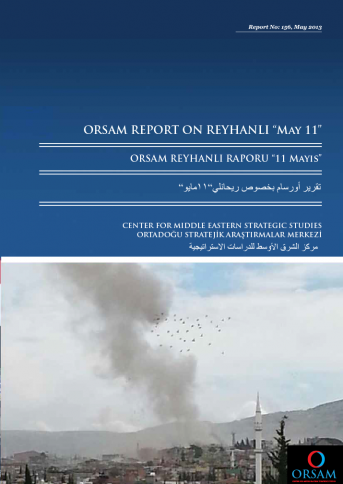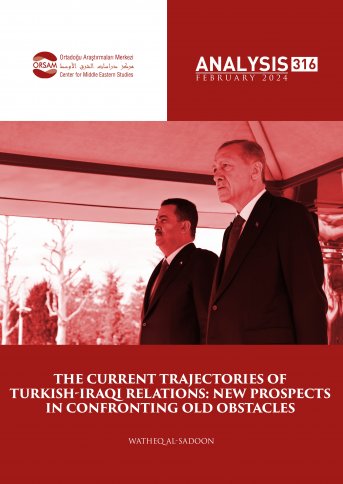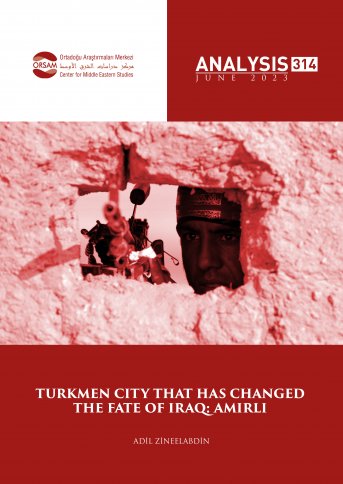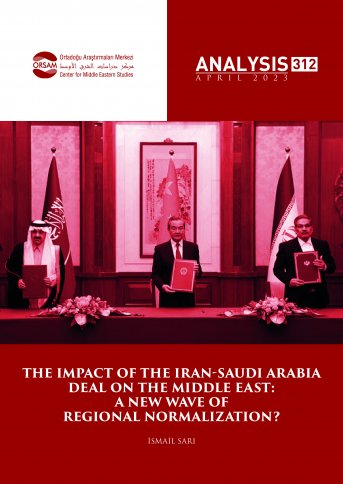
ORSAM Report on Reyhanlı “11 May”
The terrorist attack that took place in Reyhanlı on May 11th, 2013 has been a tragic indicator of how easily the instability in neighboring countries could spread to Turkey. Another tragic scene that we are used to see after the 2011 uprising in Syria and in 2003 invasion of Iraq, was witnessed also in Reyhanlı district of Hatay. The attack deeply affected Turkey. However, the local people, residents of Reyhanlı, were directly subjected to violence. This situation further flamed polarizations in the region, which is directly affected by developments as it is the border town with Syria and where a tense environment prevails.
There might be different interrelated motives behind the Reyhanlı attack such as: To punish Turkey for its Syria policy and force it to step back; to drive Turkish public opinion and the opposition to question the government's Syria policy; to attempt to create an environment of internal conflict by instigating sectarian tension in Turkey and thus to make Turkey follow a more inward-oriented policy; and to show Turkey that its “open-door policy” for refugees could backfire.
The Reyhanlı bombings are important in terms of showing that the cost of getting directly involved in the Syria problem and failing to find a solution could reach a critical dimension for Turkey. Besides becoming open to foreign attacks, the Syria issue is also destroying the peace environment in the society. Unfortunately, violence in the Middle East is mostly used as a means of reaching political goals. The Reyhanlı bombing clearly shows the risk of becoming a target as a result of being a party to regional problems.
Syrians' leaving Reyhanlı started before the blast and it still continues. Rich Syrians to all across Turkey, and the poor back to their hometown. Those who continue to stay in Reyhanlı do not go out, and live a prisoner's life through the help of their close neighbors who buy bread, food for them. They are waiting for the decisions to be taken by the government. They will act accordingly. They will either go to somewhere else in Turkey or move back to Syria. They are also aware of the fact that Reyhanlı is split into two parts. Because while their neighbors are nice to them, other neighbors turn their back on them and insult them. Although they do not know Turkish, they can sense it.
A Syrian refugee who settled in Reyhanlı after the bombings in Syria said: “This is an unfortunate fate. I came here to save my wife and children from bombshells, but bombings followed us. They lump us together with all Syrians, and some of the people in Reyhanlı consider us enemy. We are pointed out as the reason of people being killed. We became the target. I cannot ask for bread and vegetable everyday on the phone. I cannot even open the windows at home. I cannot work anymore and earn my living here, so I have to move back.” He left the next day.







